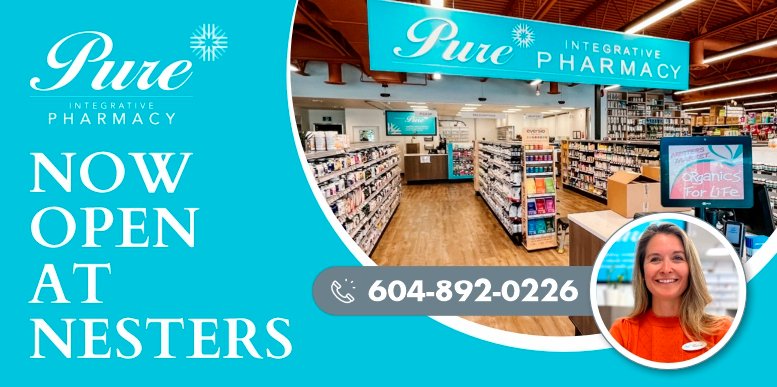 By Brad Hodge
By Brad Hodge
Published: April 11, 2015
Medical marijuana dispensaries. Good or bad? My editor asked me to take the no or con side in this debate, and while I will confess to having generally libertarian views on drugs (i.e. I believe the war on drugs in its present form is a failure and illicit drugs should be legalized), I would be lying if I said I couldn’t see any potential issues with ‘grey area’ dispensaries.
It’s not that I’m not sympathetic to the cause, in principle. I lost both my beloved grandparents to cancer, and myself was stricken with a bizarre and, at times, painful disorder that lingered without diagnosis for two years. When you get desperate enough, you stop caring about details like laws and just want help. I get that. I remember looking up then new drugs like Topotecan 15 years ago and cursing why we couldn’t try it with my grandfather. Watching a loved one suffer while the drug that may help them remains out of reach due to what you see as bureaucratic foot-dragging is agonizing. You think, “Why can’t they just give it to him?” But, of course, the reason is not simple bureaucratic foot-dragging. Health Canada isn’t in the business of being cruel; handing someone an untested, unproven or unregulated drug might actually make things worse. It might even kill the patient.
Now, I’m not in any way comparing marijuana to a then-experimental, totally new drug like Topotecan. We have lots of experience with marijuana and almost none of it fatal.
And there is significant, though mostly anecdotal, evidence
that marijuana is effective as a medicine for a variety of ailments. That is why Canadian governments began to relent years ago and began allowing medicinal marijuana to be produced in the first place.
The problem with the dispensaries, like everything else operating in a grey zone, is that you lack a lot of the safeguards that exist when everything is 100 per cent above board. Who is producing the product? What steps are taken to ensure it is safe? What happens if there is a problem and who is liable? Could the District or the RCMP be held negligent in failing to shut an unsafe facility down if a patron got hurt? Are the dispensaries carrying proper liability insurance? No regulator is checking these things because according to the law they’re not allowed to exist in the first place. I don’t think most of us would purchase, say, ibuprofen from an unlicensed pharmacy in a paper bag with no indication of who produced it. Why would marijuana be different?
Ah you say, but it’s the lesser of two evils! We’re getting sick people away from shady drug dealers and Prime Minister Harper’s backwards ideas on drugs! True, but we’re still dealing with unlicensed, unregulated and, in some cases, illegal producers. And Mr. Harper isn’t the only problem: even the licensed producers permitted under current law have been protested by medical associations for lack of quality control. According to HealthDebate.ca, Rocco Gerace, Registrar of the College of Physicians and Surgeons of Ontario, said that doctors “…shouldn’t be told to prescribe marijuana until it has been subjected to the same rigorous testing and approval standards as other prescription medications.” And, in fact, as noted on the same site, medical marijuana is almost never considered a front-line treatment, mostly due to the fact that there are more effective (and regulated) drugs out there for specific conditions like nausea.
It’s clean and easy to blame the Prime Minister for not liberalizing laws quickly enough. It’s also easy to buy into the emotional appeals to just let sick people have their medicines. Believe me, I’ve been there. But the disastrous war on drugs goes back to the 1920s. Western governments are finally beginning to rethink it in earnest. And I’ve no problem with marijuana being legalized and regulated. But I remain skittish about the consequences of cherry-picking which laws we choose to follow. We all should be.



